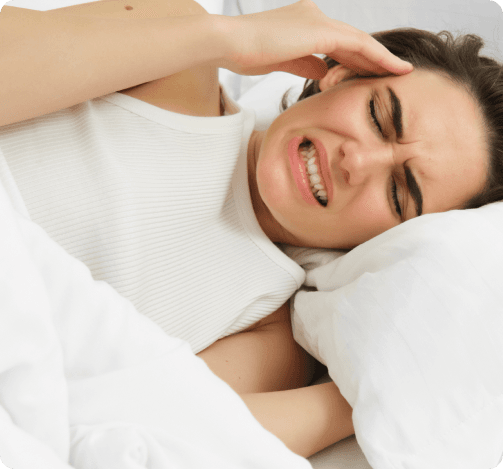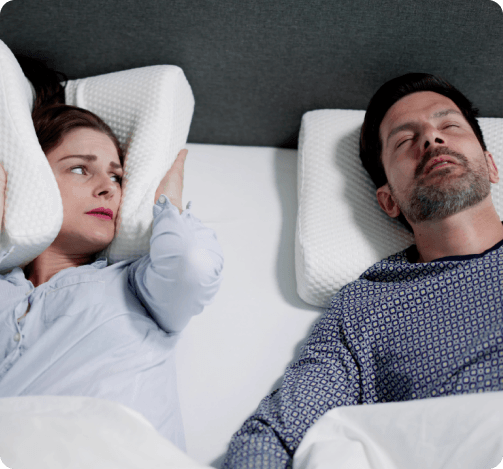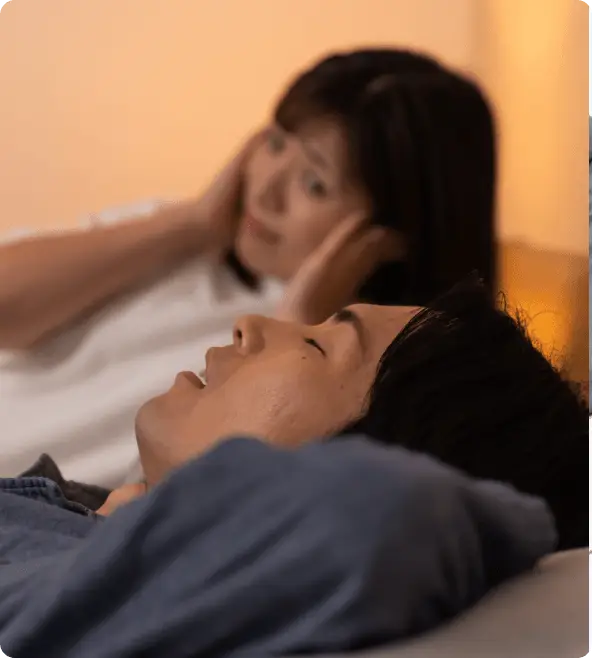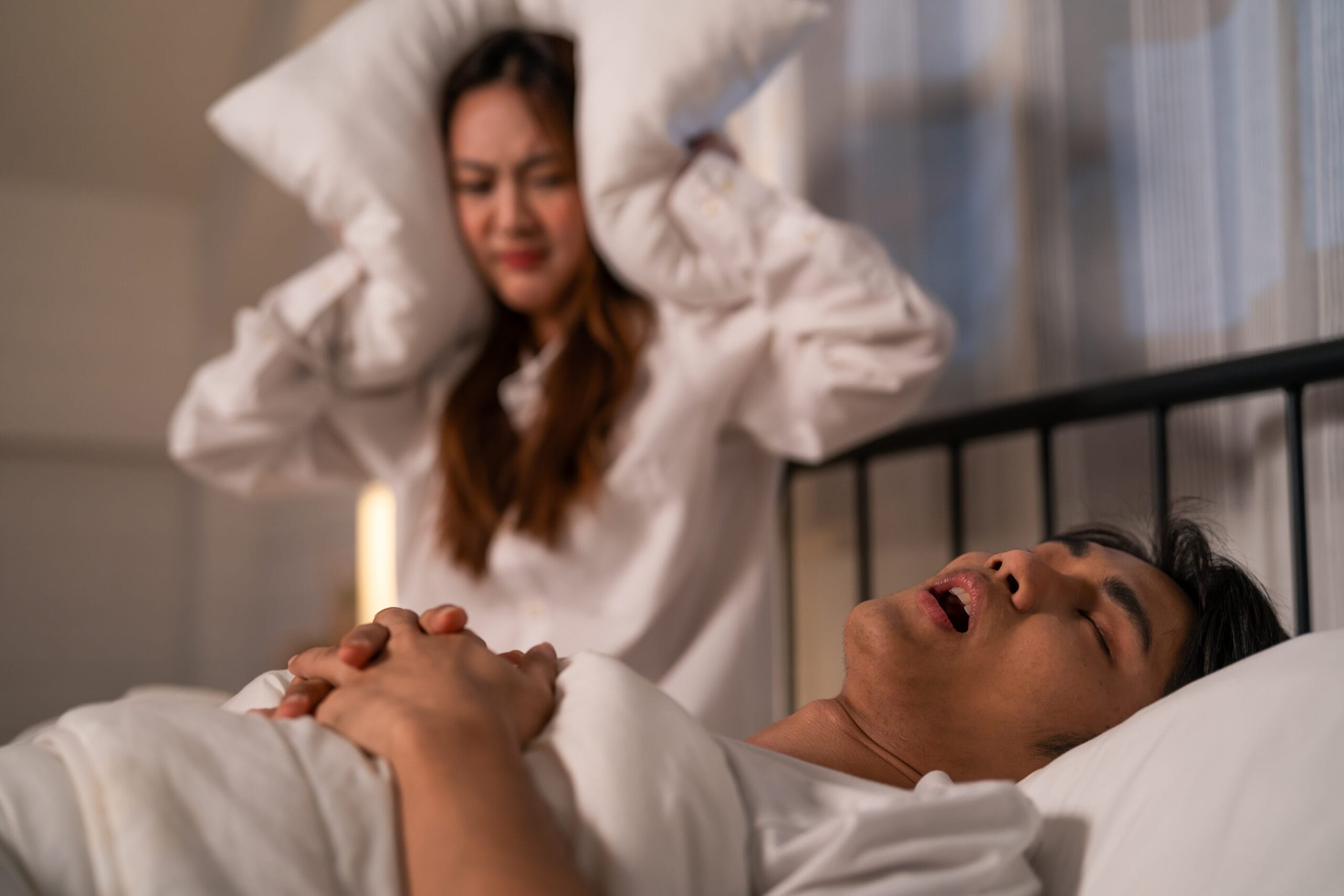RemeSleep stands out because it’s not just about fixing immediate sleep issues The personalized program, combined with regular check-ins and . I would highly recommend RemeSleep to anyone considering it.
- What is the best treatment for snoring?The best treatment for snoring depends on its cause. Lifestyle changes, weight management, and treating nasal blockage can help mild cases. If snoring is persistent or linked to sleep apnea, a sleep specialist may recommend CPAP therapy or oral appliances for effective, long-term relief.
- How can lifestyle changes help with sleep apnea?Lifestyle changes can greatly support sleep apnea treatment in mumbai by reducing airway blockage, improving breathing patterns, and enhancing overall sleep quality. While they may not replace medical treatments like CPAP for moderate or severe cases, they can significantly lower the frequency and intensity of apnea episodes.
- How to treat sleep apnea with CPAP machine?
A CPAP machine keeps your airway open throughout the night by blowing a gentle, steady stream of air through a mask. This prevents:
-
Airway collapse
-
Snoring
-
Interrupted breathing (apneas/hypopneas)
-
Drop in oxygen levels
It is the gold-standard treatment for moderate-to-severe obstructive sleep apnea.
-
- Does sleep apnea get worse over time?
Yes, untreated sleep apnea can worsen due to factors like weight gain or aging, leading to more severe symptoms and greater health risks.
- Is sleep apnea linked to other medical conditions?
Yes, it is associated with conditions like hypertension, cardiovascular diseases, diabetes, depression, and obesity. Sleep apnea can also exacerbate existing health issues.
- Does insurance cover sleep apnea treatment in Mumbai?
Many insurance plans cover diagnosis and treatment if medically necessary. Coverage varies by insurer, confirm whether sleep studies and CPAP devices are included.
- Can sleep apnea go away on its own?
In some cases, mild sleep apnea may improve with lifestyle changes like weight loss or addressing contributing factors like allergies. However, moderate to severe sleep apnea typically requires medical treatment and doesn’t resolve on its own.
- What treatments are available for sleep apnea in Mumbai?Currently the best available option for sleep apnea treatment is CPAP or Continuous Positive Airway Pressure. However, in certain limited number of patients the following treatment options can be offered depending on the expert advice of a Sleep specialist.
Treatment options include:
1. Lifestyle changes: Weight loss, quitting smoking, and reducing alcohol consumption.
2. Oral appliances: Custom-fitted devices to reposition the jaw.
3. Surgical options: Procedures to remove airway obstructions.
4. Positional therapy: Encouraging sleeping on the side rather than the back - What are the risks of untreated sleep apnea?
Untreated sleep apnea can lead to serious health issues such as uncontrolled high blood pressure, heart attacks, heart disease, sudden deaths, stroke, type 2 diabetes, memory problems, and reduced quality of life. It can also increase the risk of accidents due to daytime fatigue.
- How much does a sleep specialist consultation cost in Mumbai?
Consultation with a Pulmonologist typically costs ₹800 – ₹2,500 per visit. Some clinics offer package discounts if you also do the sleep study through them.








